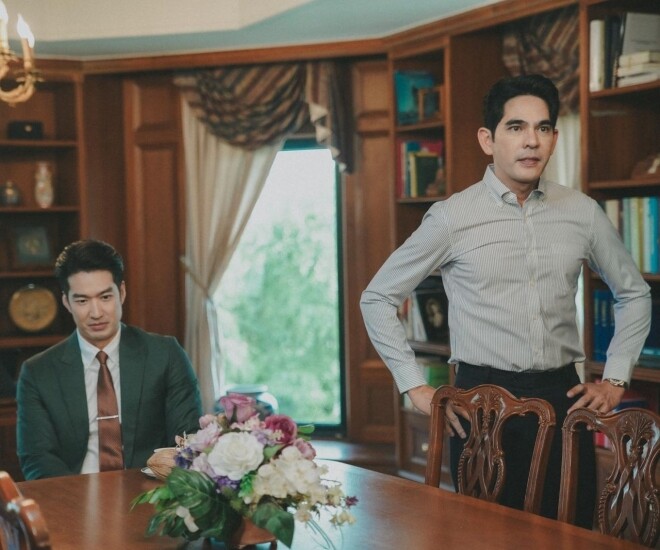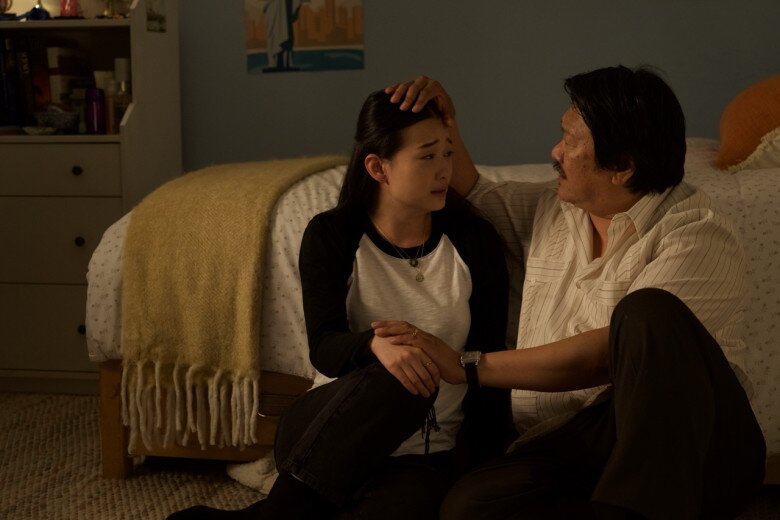My mother later remarried. My stepfather was a man of few words, outwardly quiet, but his eyes always held a warm glimmer. From the day I moved in with my mother and him, my life took on a completely different turn.
In that house, besides my mother and stepfather, there were also his two sons from a previous marriage, a few years older than me. They didn’t like me, perhaps because, in their eyes, I was an outsider. They often bullied me, both verbally and physically.
Once, just because I accidentally knocked over a glass of water, they threw a bowl of rice at me. My stepfather spoke up for me a few times. But I knew he was in a difficult position, caught between his own children and a stepchild.
Despite this, he never treated me as a stranger. On the contrary, he always took care of me quietly. I remember once when I fell ill in the middle of the night, he was the one who ran to get medicine. When I was about to leave for university in the city, he quietly left a stack of money in the desk drawer, telling me to work hard and make something of myself.
Growing up in such circumstances, I learned to be silent and endure. But deep down, I always cherished the affection he showed me, quietly and without fanfare, but enough to warm my fatherless childhood.

My stepbrothers didn’t like me. (Illustration)
When I got married, my stepfather gave me a small apartment in his name as a wedding gift. I was deeply touched. It was the first time I felt like I truly belonged to this family. I thought that perhaps, after all these years, I finally had a real home.
But our joy was short-lived as my mother fell ill and passed away. Her death took away my anchor in life. Without her, I didn’t want to return to that house, where my stepbrothers increasingly showed their hatred towards me. I knew that sooner or later, they would push me out of their world.
Then one day, my stepfather called me and said he wanted the apartment back. I was stunned. Although I was partly expecting it, I understood that the apartment was in his name, and he was probably being pressured by his sons. I didn’t say much and quietly handed over the keys.
I thought that was the end. I believed that our stepfather-stepdaughter relationship had reached its limit. But what happened next almost made me cry.
A few days later, he asked me to meet him at a café near my house. He gave me a bank card and said:
– There is enough money in this card for you to buy another house. Consider it my wedding gift to you. Don’t tell anyone. I couldn’t keep the other house for you, but I don’t want you to be homeless.
He then told me that his sons had forced him to take back the apartment. But previously, he had secretly bought a plot of land, unknown to anyone, and now he had sold it to give me the money to buy a new house.

My stepfather gave me a house as a wedding present. (Illustration)
I was speechless. I looked at his hands, the rough, calloused fingers of a lifetime of hard work. His eyes remained calm as ever, but they held a world of love. I couldn’t hold back anymore and choked out:
– Thank you, Dad!
At that moment, all the anger, hurt, and resentment from the past faded away. I understood that he didn’t owe me anything. It was I who owed him a lifetime of gratitude.
Perhaps no one will understand that sometimes, a stepfather who is not related by blood can be the one who truly loves us. There are fathers who don’t need to say much, don’t need anything in return, and quietly stand behind us, protecting us with everything they have.
All I could offer him was my sincere thanks. But I will carry this gratitude with me for the rest of my life, telling my children and grandchildren that I once had a stepfather like him, who taught me what unconditional love and immeasurable gratitude are.
“A Fortunate Sign: How Children with This Trait Bring Fortune and Success”
In the realm of parenthood, a fascinating folk belief exists where children are perceived as either a blessing or a debt collector. This ancient notion suggests that some children are born to repay a karmic debt to their parents, while others arrive to collect on a promise. It begs the question: Are your children angels of gratitude or seekers of retribution? This intriguing concept delves into the mysterious bonds that tie families together and raises profound questions about the nature of destiny and gratitude.



































